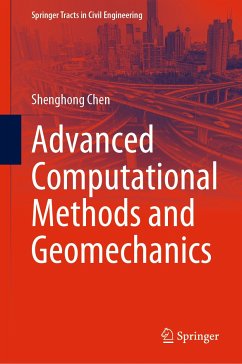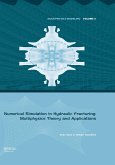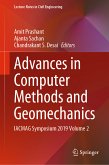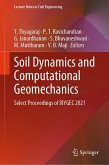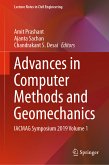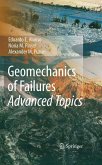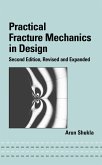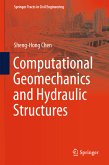The aim of this book is intended, through parallel expounding, to help readers comprehensively grasp the intrinsic features of typical advanced computational methods. These methods are created in recent three decades for the understanding of the post-failure of geo-materials accompanied with discontinuous and finite deformation/dislocation, as well as the violent fluid-structure interaction accompanied with strong distortion of water surface. The strong points and weak points of the formalisms for governing equations, the discretization schemes, the nodal interpolation /approximation of field variables, and their connectivity (via support domains, covers, or enrichments), the basic algorithms, etc., are clarified. Being aware of that the differences in these methods are not so large as at the first glance, this book will help readers to select appropriate methods, to improve the methods for their specific purpose, and to evaluate the reliability/applicability of the outcomes in the hazard evaluation of geotechnical (hydraulic) structures beyond extreme work situation.
This book may be looked at as an advanced continuation of "Computational Geomechanics and Hydraulic Structures" by the author (2018) (Springer-Verlag, ISBN 978-981-10-8134-7) which elaborates the fundamental computational methods in geomechanics for the routine design of geotechnical (hydraulic) engineering.
Dieser Download kann aus rechtlichen Gründen nur mit Rechnungsadresse in A, B, BG, CY, CZ, D, DK, EW, E, FIN, F, GR, HR, H, IRL, I, LT, L, LR, M, NL, PL, P, R, S, SLO, SK ausgeliefert werden.
Hinweis: Dieser Artikel kann nur an eine deutsche Lieferadresse ausgeliefert werden.

